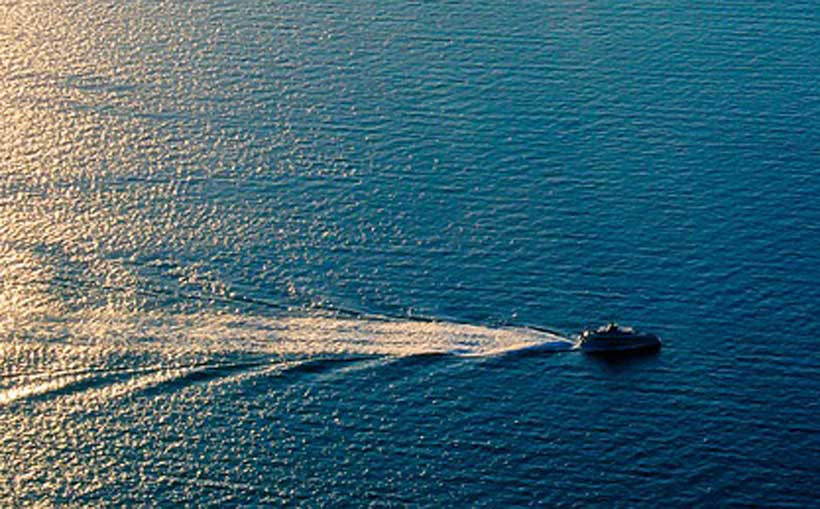The ILO and other UN agencies and bodies are calling on governments to eliminate without delay all obstacles to crew changes of seafarers, calling it a “humanitarian crisis”.
Despite significant efforts by shipowners’ and seafarers’ organizations and UN bodies, more than 300,000 seafarers are still trapped aboard vessels, anxious to disembark and return home, and another 300,000 are waiting ashore to replace them, facing financial ruin if they can’t go back to work. Fishers on many commercial fishing vessels face a similar problem.
This is due, among other reasons, to restrictions on travel, embarkation and disembarkation in ports, quarantine measures, reductions in available flights, and limits on the issuing of visas and passports as a result of the COVID-19 pandemic .
In a joint statement the International Labour Office (ILO), the Food and Agriculture Organization of the United Nations (FAO), the Global Compact, the International Maritime Organization (IMO), the International Organization for Migration, the Office of the High Commissioner for Human Rights (OHCHR) and the United Nations Conference on Trade and Development (UNCTAD), have called on member States to establish and implement measurable, time-bound plans to increase the rate of these crew changes.
“The number and variety of United Nations’ organizations that have agreed to this statement shows that this is a problem that affects not only shipowners and seafarers but all aspects of governance and society,” said ILO Director-General, Guy Ryder.
“It is a humanitarian issue, threatening the physical and mental health of seafarers. It is a safety issue, which may very well impact the marine environment. It is also an economic issue, which, when seafarers simply can no longer continue working because they are demoralized and exhausted, could slow or stop trade and hinder economic recovery. Governments must act now,” Ryder added.
The joint call to action recognizes the sacrifices that seafarers have made to keep trade moving and therefore to ensure the continuity of global supply chains.
The statement sets out a list of immediate actions that governments must take, including:
- designating seafarers as key workers;
- increasing their access to commercial flights;
- implementing protocols for safe crew changes;
- refraining from authorizing the extension of seafarers’ employment agreements beyond the default maximum period of 11 months, in accordance with the Maritime Labour Convention, 2006 , as amended;
- facilitating diversions of ships to ports where crew changes can take place;
- reviewing the necessity for national and/or local restrictions that may continue to apply to the movement and travel of seafarers.


